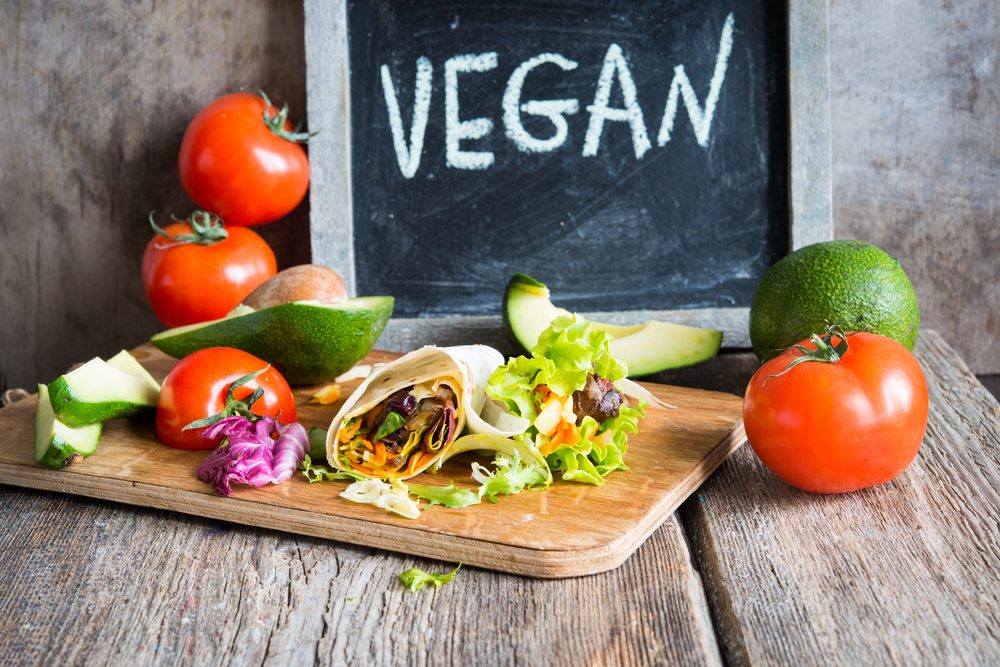A low-fat, plant-based diet is more effective at helping women lose weight and improving insulin sensitivity than an omnivorous diet, shows a new study appearing in the September issue of The American Journal of Medicine.

Scientific studies show that obesity and overweight are far less prevalent in populations following a plant-based diet. In a recent study of more than 55,000 Swedish women, Tufts University researcher P. Kirstin Newby and her colleagues found that 40% of meat-eaters were overweight or obese while only 25 to 29% of vegetarians and vegans were. Worldwide, vegetarian populations experience lower rates of heart disease, diabetes, high blood pressure, and other life-threatening diseases.
A vegetarian diet generally contains less total fat,saturated fat and cholesterol and includes more dietary fiber. Those following the vegan diet enjoy unlimited servings of fruits, vegetables, whole grains, and other healthful foods which enable them to lose weight without feeling hungry.
A Vegetarian Diet
Vegetarians don’t eat meat, chicken and fish. Their diets consist mostly of plant-based foods, such as fruits, vegetables, whole grains, legumes, nuts and seeds. Vegetarians fall into groups defined by the types of animal-based foods they eat:
- Lacto-ovo vegetarians omit red meat, fish and poultry but eat eggs, milk and milk products, such as cheese and yogurt, in addition to plant-based foods.
- Lacto-vegetarians eat milk and milk products along with plant-based foods. They omit eggs as well as meat, fish and poultry.
- Vegans eliminate all foods from animals, including meat, poultry, fish, milk, eggs and cheese. They eat only plant-based foods.
People who follow a vegan diet may need to find alternatives for eggs and dairy products. Try these suggestions when meal planning or cooking:
- Butter. When sauteing, use water, vegetable broth, wine or nonfat cooking spray instead of butter. In baked goods, use canola oil.
- Cheese. Use soy cheese or nutritional yeast flakes, which are available in health food stores.
- Eggs. In baked goods, try commercial egg replacers – a dry product made mostly of potato starch. Or use 1 tablespoon milled flaxseed and 3 tablespoons water to replace each egg. For an egg-free omelet try using tofu instead of eggs.
Get fit the healthy way by following the HCG method for a safer weight loss regimen.
Advice for losing weight
- Cut down on fats – so try to avoid fried foods, spread fats thinly on bread, and replace high fat snacks with fresh fruit.
- Fill up on plenty of fresh fruit and vegetables, pasta, potatoes, rice and other cereals.
- Make sure you eat regularly, and try to start the day with a high fibre breakfast (missing meals can cause you to eat more to compensate).
- Finally, you could look at increasing your activity level – walking being one of the best exercise.
Although adopting a vegan diet won’t necessarily lead to an instant weight reduction (especially if the individual has spent a large proportion of her life as a meat eater or vegetarian, or if she has a metabolic disorder), research has shown that a well-balanced vegan diet is generally healthier than both a vegetarian and a meat-based diet, so a change to veganism will certainly bring positive health benefits.